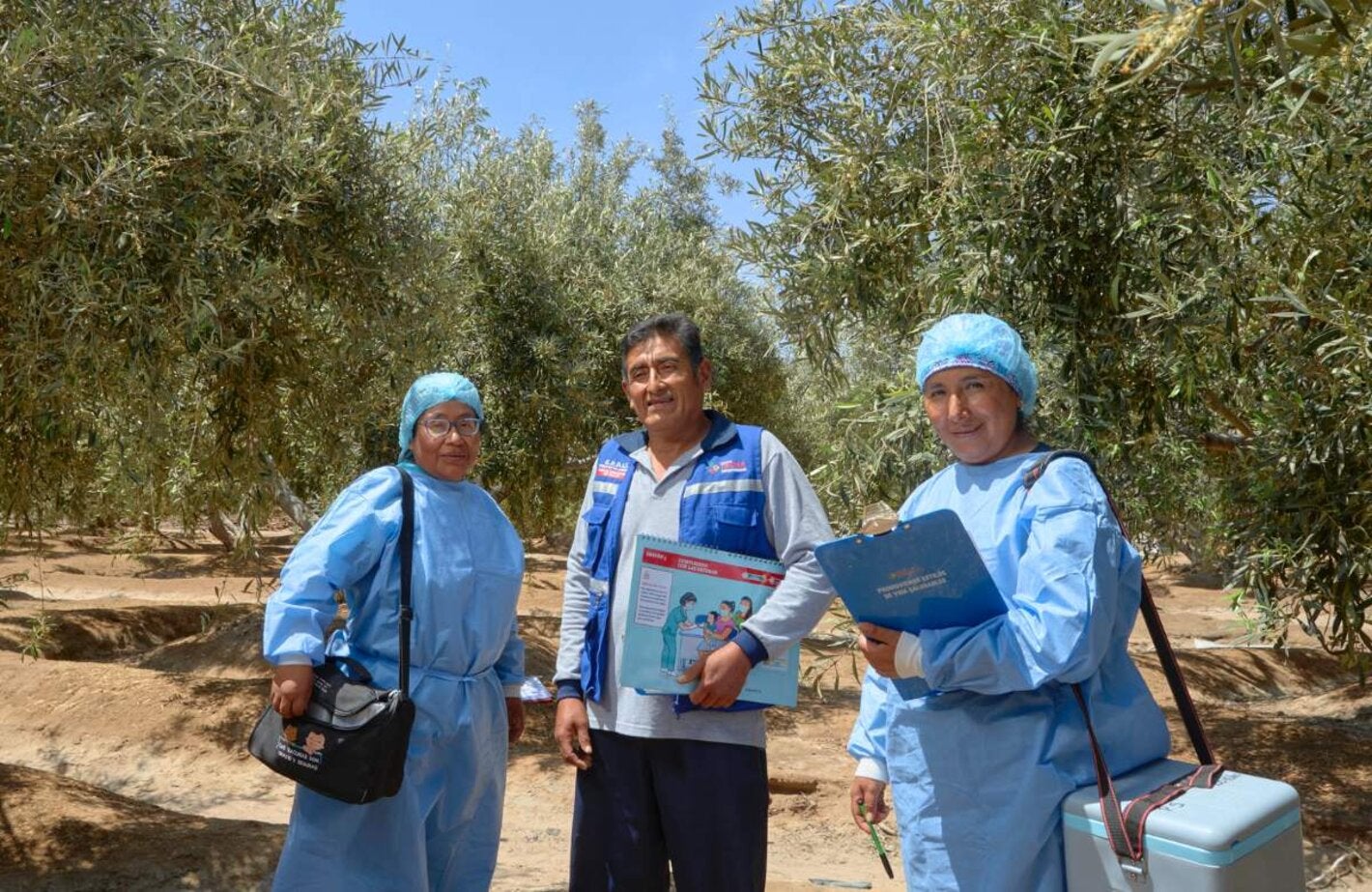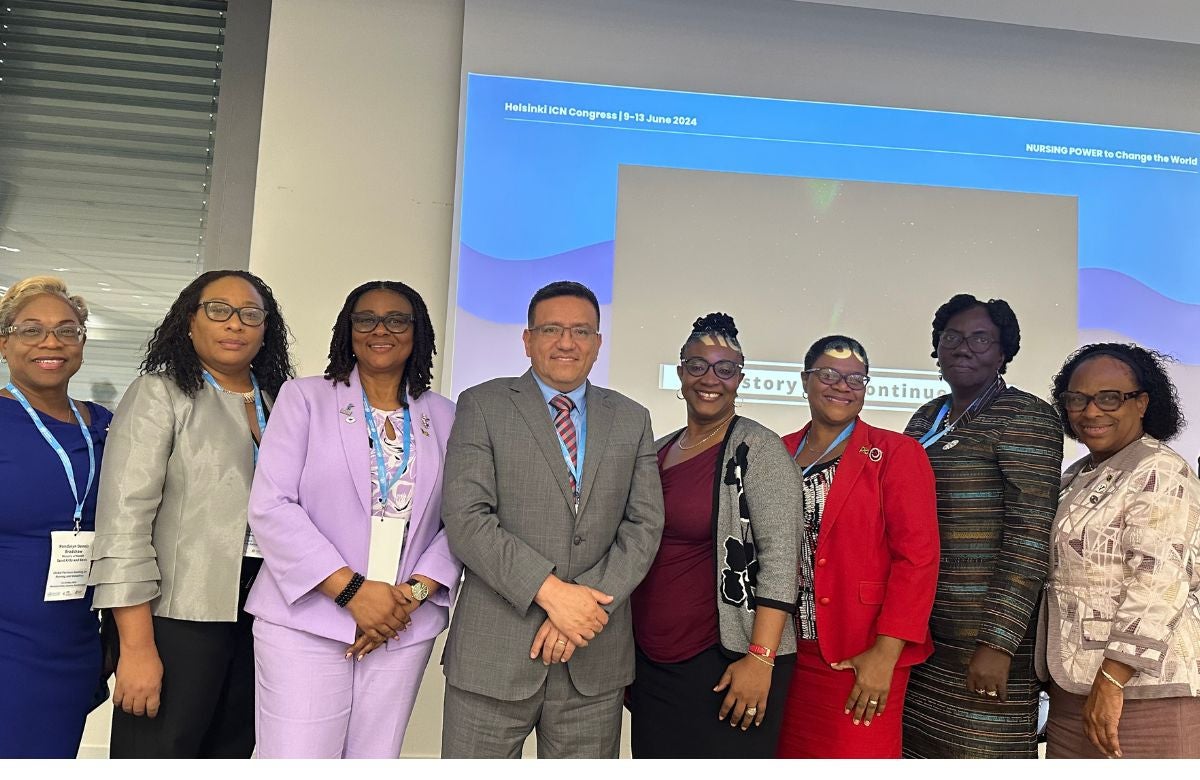
Washington DC, 25 May, 2024 (PAHO)- The Pan American Health Organization (PAHO) participated at the Global Partners Meeting on Nursing and Midwifery, held days before the onset of the Seventy-seventh World Health Assembly. This meeting provided a strategic opportunity for policy dialogue and planning on nursing and midwifery. It aimed to contribute to stronger and more resilient communities and health systems, enhance the leadership of nurses at national, regional, and international levels, and reinforce a broader health workforce and meet global health priorities.
The two-day meeting featured several panels covering a range of topics. These included data and evidence for understanding the health workforce through tools such as national health work accounts and health labor market analysis. Other topics were the mobility and migration of nurses, the WHO Code of Practice on the International Recruitment of Health Personnel, and issues of equity, access and availability of nurses and midwives.
The event also presented the progress and status of leading reports such as the Global Strategic Directions for Nursing and Midwifery 2021-2025 and the State of the World’s Nursing 2025. These updates aimed to ensure further engagement and enhance data reporting capacity.
Doctor Benjamin Puertas, PAHO’s Unit Chief for Human Resources for Health, participated in the discussions and sessions during the global meeting, including the Global Forum of Government Chief Nursing and Midwifery Officers. Representing the Americas Region, Dr. Puertas reported on issues such as migration of healthcare workers and supported regional officers, particularly from the Caribbean, in reviewing their country’s data status. He also continued to foster key partnerships and alliances with global official delegates and relevant partners in the field.
The event highlighted similar challenges faced at the global scale, mainly on the shortages of nurses and midwives, issues in their training, mobility and migration, lack of investment, working conditions, and the need for the protection of the health workforce. This global meeting also allowed the exchange of experiences and lessons learned to continue strengthening nurses as an integral part of the health workforce and to ensure they play a pivotal role in delivering primary health care and improving health outcomes.




